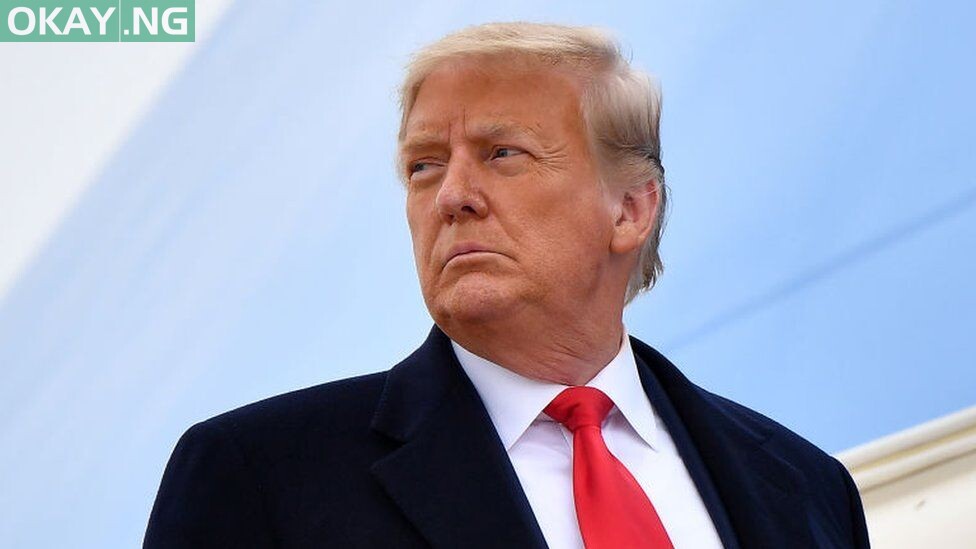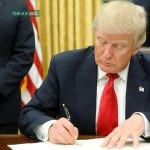The Trump administration has escalated its confrontation with prominent U.S. universities, now targeting Harvard University’s tax-exempt status amid ongoing disputes over pro-Palestinian student protests and diversity policies. This move follows a series of rebukes against institutions like Columbia University, signaling a broader campaign to reshape higher education.
President Donald Trump, in a social media post on Tuesday, threatened to strip Harvard of its tax-exempt status, accusing the university of promoting “political, ideological, and terrorist inspired/supporting ‘Sickness?'” He did not elaborate on how this would be achieved. Most universities are exempt from federal income tax under U.S. tax code, classified as “operated exclusively” for public educational purposes.
White House press secretary Karoline Leavitt stated that Trump seeks an apology from Harvard for alleged “antisemitism that took place on their college campus against Jewish American students.” She accused Harvard and other schools of violating Title VI of the Civil Rights Act, which prohibits discrimination based on race or national origin in federally funded programs.
“We are witnessing unprecedented assertions of power, unmoored from the law,” Harvard President Alan Garber wrote in a letter on Monday, rejecting the administration’s demands for an audit of “viewpoint diversity” and the elimination of diversity, equity, and inclusion programs. He emphasized Harvard’s commitment to combating antisemitism while protecting academic freedoms.
Hours after Garber’s letter, the Trump administration’s Joint Task Force to Combat Anti-Semitism announced a freeze on over $2 billion in contracts and grants to Harvard. The administration did not specify which grants were affected, and Harvard has not responded to requests for comment.
Columbia University, which previously faced similar actions, agreed to negotiations over protest rules after the Trump administration terminated $400 million in grants and contracts. Some Columbia professors have filed lawsuits, claiming these terminations violate Title VI and their constitutional rights. A federal judge has ordered the Trump administration to respond by May 1.
“We would reject any agreement in which the government dictates what we teach, research, or who we hire,” stated Columbia’s interim president, Claire Shipman, emphasizing the university’s commitment to academic independence.
Several peer institutions have voiced support for Harvard. Princeton University President Christopher Eisgruber and Stanford University leaders Jonathan Levin and Jenny Martinez issued statements defending Harvard’s stance, emphasizing the importance of academic freedom and the need to preserve scientific research.
In a separate development, President Trump signed an order to investigate potential new tariffs on critical mineral imports, particularly from China. This move highlights U.S. concerns about reliance on foreign sources for minerals essential to its economy and national security.
“U.S. dependency on minerals imports ‘raises the potential for risks to national security, defense readiness, price stability, and economic prosperity and resilience,'” Trump stated in the order.
The order directs Commerce Secretary Howard Lutnick to conduct a national security review under Section 232 of the Trade Expansion Act of 1962, with a 180-day deadline for findings. The review will assess U.S. vulnerabilities in processing critical minerals, including cobalt, nickel, rare earths, and uranium.
China, a leading global producer of these minerals, has criticized the move, stating that “artificial interference in the supply chain violates the laws of the market economy and international trade rules.”
The U.S. currently relies heavily on imports for critical minerals, with limited domestic extraction and processing capabilities. Industry experts and analysts have warned about the potential risks associated with this dependency.
“Ultimately the U.S. gets certain minerals from China because there are not alternative supplies elsewhere,” said Gracelin Baskaran, director of the critical minerals security program at the Center for Strategic and International Studies.
This tariff probe follows China’s recent export restrictions on rare earths, a group of 17 elements vital to various industries. The U.S. has only one rare earths mine and relies on China for most of its processed supply.
The Trump administration’s actions reflect a broader effort to bolster domestic minerals production and processing, including a recent order to expedite approvals for new mines and processing facilities on federal lands.













